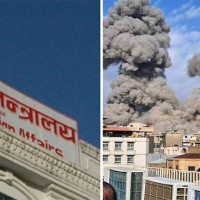- Sunday, 1 March 2026
Dhimal community resumes Jatri festival
By Hari Prasad Koirala Urlabari, May 20: Jatri - the main festival for the Dhimals living in the Jhapa, Morang and Sunsari districts - has restarted after a break for the local election.
The festival begins every year on Baisakh 2 – one day after Nepal celebrates the beginning of its new year. The Dhimals begin the festival by praying at the Maharajsthan shrine at Rajarani, Bhogateni in Morang. Bhogateni is considered the place from where the Dhimal ethnicity originated.
Nature-worshipping Dhimals mark Jatri, which had not been celebrated last year and the year before due to the COVID-19 pandemic, by sacrificing ducks, chickens and pigs with the belief that it will prevent diseases and animal attacks and ensure good rain.
“Jatri is the first festival of the year and Dhimals celebrate it by holding communal worship and praying that no one gets sick or has to mourn loss,” said Prakash Dhimal of Kanepokhari Rural Municipality–5.
Devotees pray to the Sali Amai goddess on the occasion of Jatri, Prakash said. Appeasing Sali Amai is believed to keep illnesses and suffering at bay.
Similarly, the Dhimal community worship Jala (Parvati) Amai with a belief that she prevent them from floods and landslides.
The local elders say that worshipping Laxmi during Jatri brings wealth and ensures good harvest. And worshipping Saraswati Amai helps acquire knowledge and wisdom.
Tukuni Amai is worshiped with a belief to avert a shortage of
agricultural materials and threads and sheets required for weaving clothes.
Dingding Amai is worshiped with a belief that she ensures the health and safety of children. The community pray to be able to
sew clothes and grow food for everyone.
Additionally, Dhimals also worship four Majhi (fishermen) deities at the festival. Called the Chaumajhi gods, they are Dhudha Thakur, Yau Majhi, Sau Majhi and Dharam Thakur. Among them, Dharam Thakur is the god of gods.
Former member of parliament Partaman Dhimal told The Rising Nepal this festival fostered a sense of kinship in the Dhimal community.
The festival runs for two months and concludes on the first day of the Nepali month of Asar amid a cultural fair held at Mangalbare, Urlabari.
The Dhimal community play their traditional drums which make the Dhangdhange sound during the Jatri festival.
That is why it is also called the Dhangdhange festival. It is called Gram Puja too. This festival is celebrated in all 98 Dhimal localities of the three districts, namely, Jhapa, Morang and Sunsari.
Once upon a time, young men and women used to give each other betel nuts and betel leaves in the cultural fair as a sign of love. If the other person ate the items offered, it was believed they felt the same love. However, this tradition was discontinued because it led to unpleasant incidences among the youngsters of the Dhimal community.



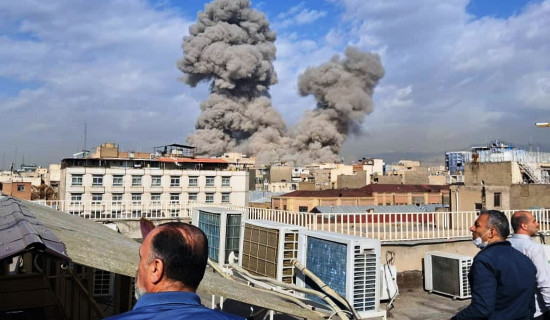
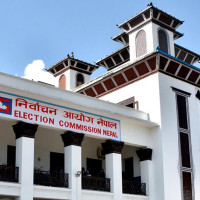
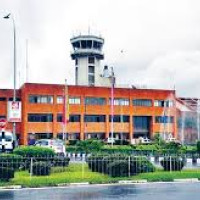
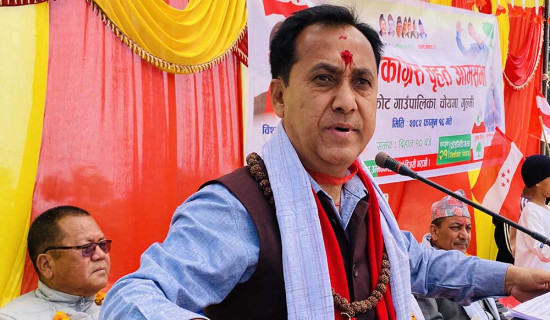
-square-thumb.jpg)
